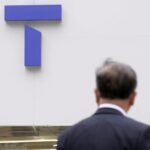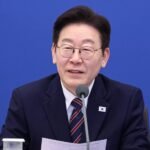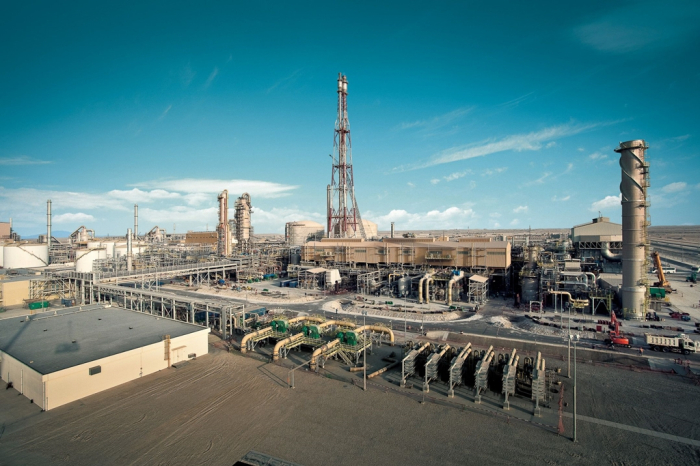
Samsung E&A Co., the construction and engineering unit of South Korea’s top conglomerate Samsung Group, said on Wednesday it has clinched a $955 million deal to build a biorefinery plant in Malaysia.
The company said in a regulatory filing it received a letter of award on the project from Enilive S.p.A., a leading member of the Phoenix Biorefinery Project joint venture, which includes Petronas Mobility Lestari Sdn Bhd and Euglena Co.
The value of the project is 13.6% of the company’s 2023 sales revenue.

The project involves building an eco-friendly plant in Pengerang, Johor state, southern Malaysia, which processes waste cooking oil, palm oil, and animal fats to produce 650,000 tons of sustainable aviation fuel (SAF), biodiesel and bio-naphtha annually.
Samsung E&A, formerly Samsung Engineering Co., expects to sign a formal contract in January 2025.
Samsung E&A will be responsible for the engineering, procurement, construction and commissioning (EPCC) of key equipment of the project.
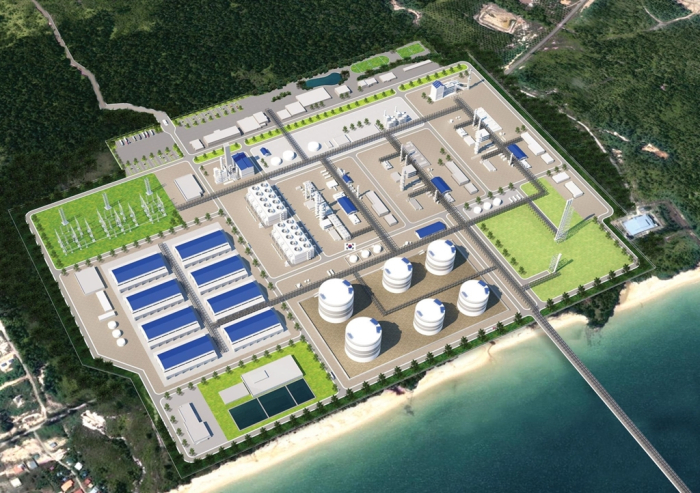
SAMSUNG ENTERS SAF EPC MARKET
With the latest deal, Samsung E&A is entering the SAF EPC market, an emerging energy transition sector.
SAF, produced from bio-based feedstock such as waste cooking oil and palm oil instead of fossil fuels, is gaining attention as a next-generation eco-friendly energy source as it significantly reduces carbon emissions.
With ongoing global decarbonization initiatives, a growing number of countries are mandating the use of SAF blends, suggesting that the SAF market will continue to grow.
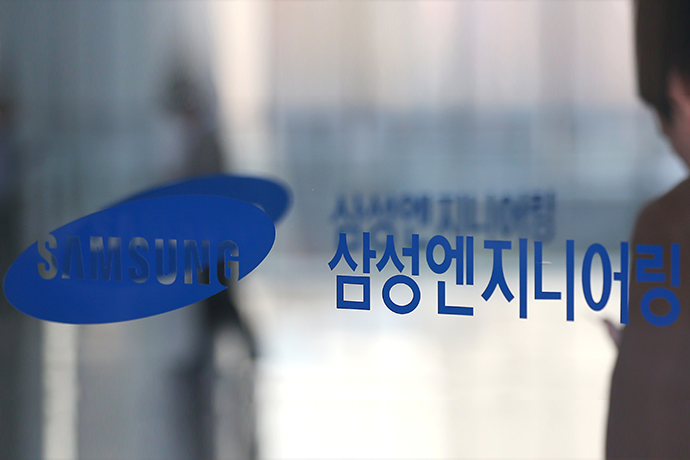
The European Union will require at least 2% SAF blending in aviation fuel starting next year, while Singapore plans to mandate a minimum of 1% SAF blending from 2026.
Korea is also preparing to introduce SAF blending requirements in 2027.
Leveraging over a decade of project experience in Malaysia and its advanced engineering technology, Samsung E&A said it will actively pursue SAF EPC projects globally.
Last year, Samsung E&A formed a consortium with two Korean firms – Lotte Chemical Corp. and Korea National Oil Corp. – and their Malaysian partner Sarawak Economic Development Corp. (SEDC), to produce renewable energy-based green hydrogen in Sarawak and bring it to Korea.
By Woo-Sub Kim
duter@hankyung.com
In-Soo Nam edited this article.

